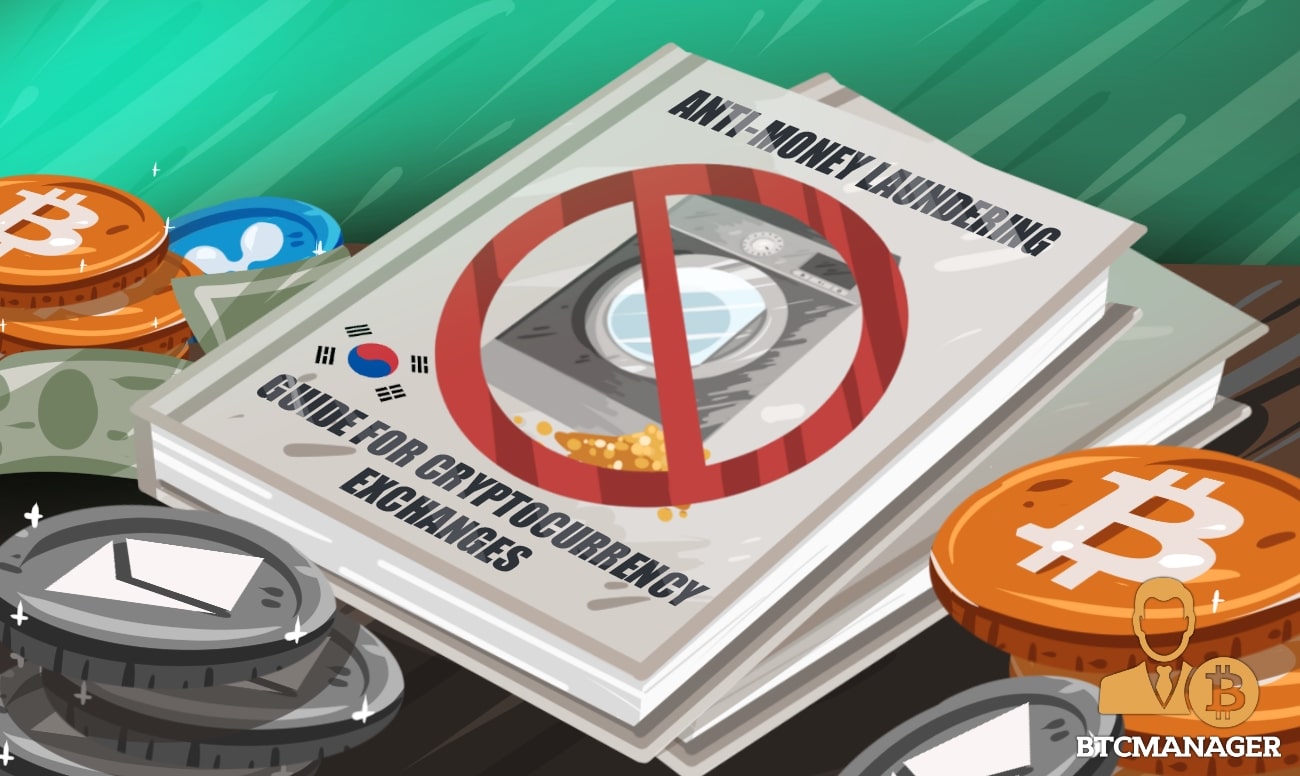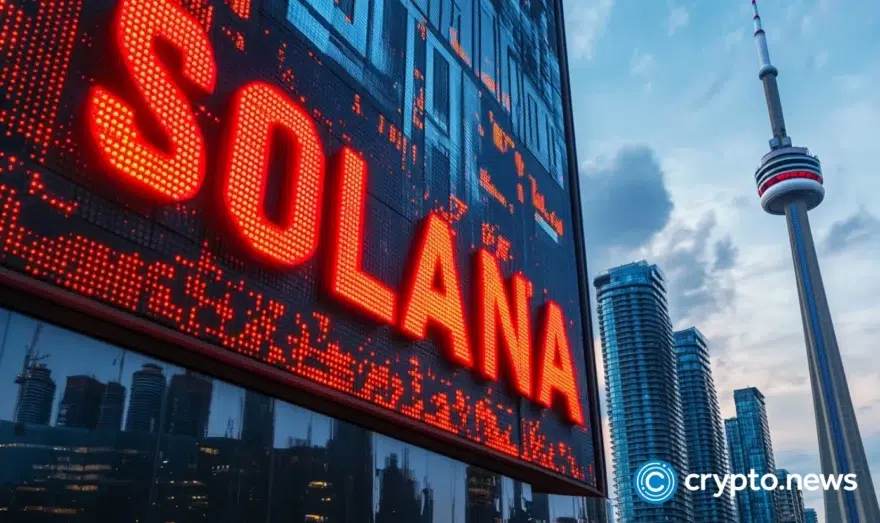South Korean Regulators Release new Anti-Money Laundering Guidelines for Cryptocurrency Exchanges

In its commitment to de-risking the cryptocurrency market and more openly embracing the much-debated sector, the South Korean Financial Services Commission (FSC) has tightened the regulatory system guiding transactional activities on crypto exchanges in the country, in a bid to curb money laundering operations using cryptocurrencies.
Hodlers Activities to be Scrutinized
The chief financial agency, in its determination to align crypto practices with Anti-Money Laundering (AML) and Know Your Customer (KYC) requirements for crypto exchanges has mandated the Korean Financial Intelligence Unit (KFIU), the national financial watchdog to intensify the surveillance of cryptocurrency transactions and user activity.
Local Banks Investigated
With this latest regulatory oversight, the FSC has made it clear that the operations of banks that service cryptocurrency exchanges must be monitored, to ensure there is no foul play on their path.
At the moment, the regulatory watchdog has called for investigations into the processes of three significant banks including Nonghyup, Hana Bank, and Kookmin.
Cryptocurrency Exchanges to Conduct Due Diligence
The commission’s latest guideline review requires exchanges and fintech firms to conduct Customer Due Diligence (CDD) and sufficient background checks to ensure that foreigners do not use local exchanges to trade digital assets; bad actors are unable to use personal accounts of others for money laundering acts and to prevent fraudulent transactions and payment processing ultimately.
The new framework is expected to prevent traders from exploiting the “Kimchi Premium” by spotting suspicious fund movements in and out of exchanges and bank accounts connected to crypto exchanges.
For the uninitiated, the price of cryptocurrencies is always higher on Korean exchanges as compared to what is obtainable on other trading platforms globally. This phenomenon is what is known as the kimchi premium.
Often, some cryptocurrency traders would buy digital coins abroad and sell them on Korean exchanges with huge profits.
In January 2018, the FSC officially made it illegal for foreigners and minors to trade through cryptocurrency accounts.
“The Government is concerned about manipulation of market conditions and injection of illegal funds while market funds are leaked into speculative investments. We view that foreigners’ and minors investments contribute to our areas of concern,” the head of the FSC’s crypto response team told Forbes at the time.
With the updated guidelines, if banks have a reason to believe that a user or an organization is transferring large sums of capital for the sole purpose of taking advantage of the “Kimchi Premium” in South Korea, they must notify the relevant authorities, who will, in turn, investigate the customer or the firm.
It is noteworthy that in separate instances the FSC and Financial Supervisory Service have admitted that the government has been reluctant towards regulating the cryptocurrency market because it feared local investors would interpret it as the legitimizing the crypto market. However, the increasing incidence of crypto exchange hacks and heists have left authorities with no choice but to regulate the space.
The Bloodbath Continues Despite Positives
On June 26, 2018, BTCManager reported that Korean authorities had refuted rumors pointing towards its decision to levy a ten percent tax on cryptocurrency transactions in the state. Similarly, quite many positive events have been happening in the cryptosphere in recent weeks, yet the price of bitcoin and the altcoins keep reaching for ground zero.
















